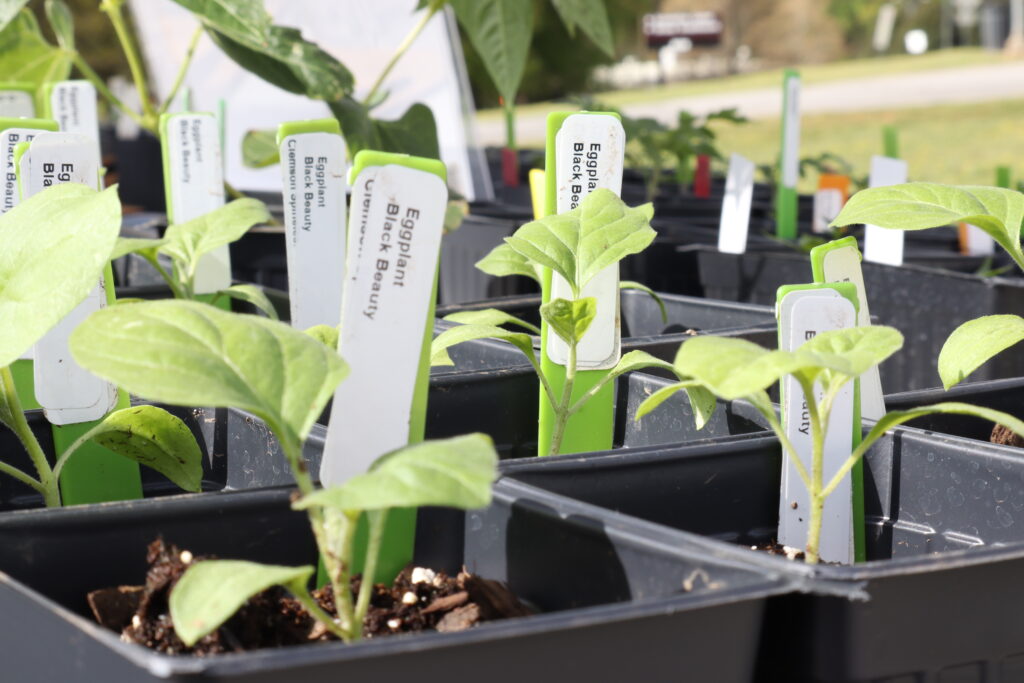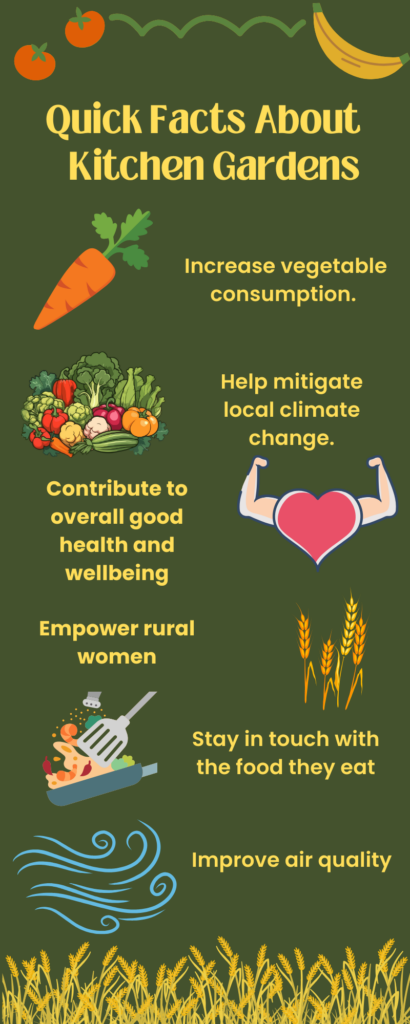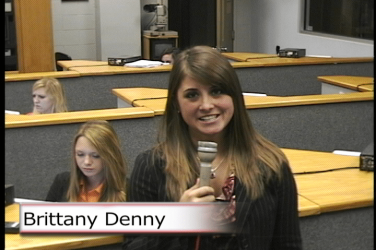Plant blindness is a term that many of us are not aware of, but experience every day. Plant blindness is the lack of awareness of the plants in our environment. This affects aspects of our daily lives, especially when it comes to where our food comes from, who makes our food or how our food makes it to the table.

“It’s just everything arrives at a store. It’s kind of like asking a kid where chocolate milk comes from, and they go, ‘a brown cow,’ or ‘the grocery store,’ even. But there’s no thought process anymore because we don’t have to think about this,” said Julie Campbell, an assistant horticulture professor at the University of Georgia.
Benefits Beyond The Garden
A way to address this issue of plant blindness is to start your own kitchen garden. Other than addressing plant blindness, kitchen gardens can improve air quality, empower rural women, help mitigate local climate change, contribute to overall good health and well-being and allow you to stay in touch with the food you eat.

On top of those benefits, the kitchen gardens also possess educational value, as people learn the process of growing their own produce.
“I think it’s educational, I think it’s a great hobby, and it’s a great way for people to, you know, subsidize their diet with some fresh fruits and vegetables that they grew at their home,” said Joe Burnsed, a county extension coordinator for Oconee and Walton counties.
Easier Than You’d Expect
Starting a kitchen garden seems like a daunting task, especially when considering the space needed.
“It’s not as difficult as it may seem. And you know, that’s something that I think more and more people could do if they wanted to. You don’t have to have a large amount of space. There’s ways around that,” Burnsed said.
When most people picture a garden, they may think of acres of land. For a kitchen garden, this is not needed. Kitchen gardens can be started on patios or in containers. In other words, anyone can start a kitchen garden.
Starting a kitchen garden isn’t just about growing food, it is about reconnecting with the natural world, strengthening communities, fostering a deeper understanding of where our meals come from and opening people’s eyes to the plants around them.
Luke Mrozek is a senior majoring in journalism at the University of Georgia.







Show Comments (0)